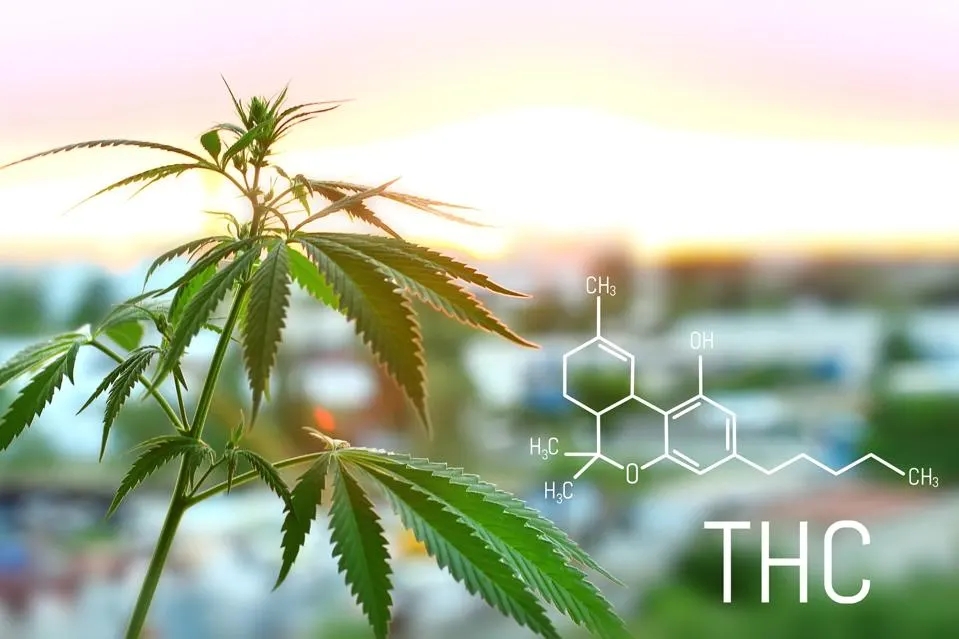
If Florida Governor Ron DeSantis signs a bill recently passed by the state legislature, Delta 8 and other cannabis-derived THC variants may soon be banned in Florida. If signed, the new law will take effect on October 1, making Florida the 25th state to prohibit or restrict the sale of Delta 8 THC.
The bill also prohibits cannabis-derived cannabinoids such as HHC, delta 10 THC, THC-O, THCP, and THCV, as well as all synthetic cannabinoids. The proposed law sets allowable limits for Delta 9 THC in cannabis products and establishes the minimum age for purchasing cannabis extracts at 21 years old. It also prohibits products that may be confused with snacks or candies and prohibits products defined as “appealing to children.”
Both chambers of the Florida legislature passed SB 1698 on March 6, with bipartisan support. The governor has not indicated whether he will sign the Delta 8 ban.
According to the Florida Phoenix, supporters of the bill in the legislature largely dismissed concerns expressed by Delta 8 consumers that they would be forced to turn to the illicit cannabis market.
“Your question about what these products are is answered by this statement,” said State Representative Tommy Gregory. “They are drugs. They are recreational drugs. Yes, if we say if you can’t buy them legally, and you’re a user, well sure, maybe you’re going to go to the dealer. Maybe you’ll do the right thing and stop using drugs.”
Delta 8 is a cannabinoid naturally found in cannabis plants (including hemp and marijuana), but in concentrations too low to be economically extracted. Commercial Delta 8 products are produced by converting legal cannabis-derived CBD into Delta 8. Since the passage of the 2018 federal Farm Bill legalized the production of cannabis-derived products, the market for Delta 8 and other cannabis-derived cannabinoids has exploded. Delta 8 typically has higher concentrations of THC than most other cannabis-derived cannabinoids, but lower concentrations than cannabis-derived Delta 9 THC.
The ban on cannabis-derived cannabinoids will impact many businesses in Florida, including cannabis growers, manufacturers, and distributors, as well as vape shops, convenience stores, and gas stations. Florida is the third most populous state in the United States.
The Florida Supreme Court is currently reviewing the language of a proposed ballot initiative to legalize recreational marijuana in Florida, which is set to be presented to Florida voters in November of this year. DeSantis has explicitly stated that he is generally opposed to recreational legalization in Florida, though he acknowledges it could happen. The court is expected to make a decision on the ballot measure by April 1st.

